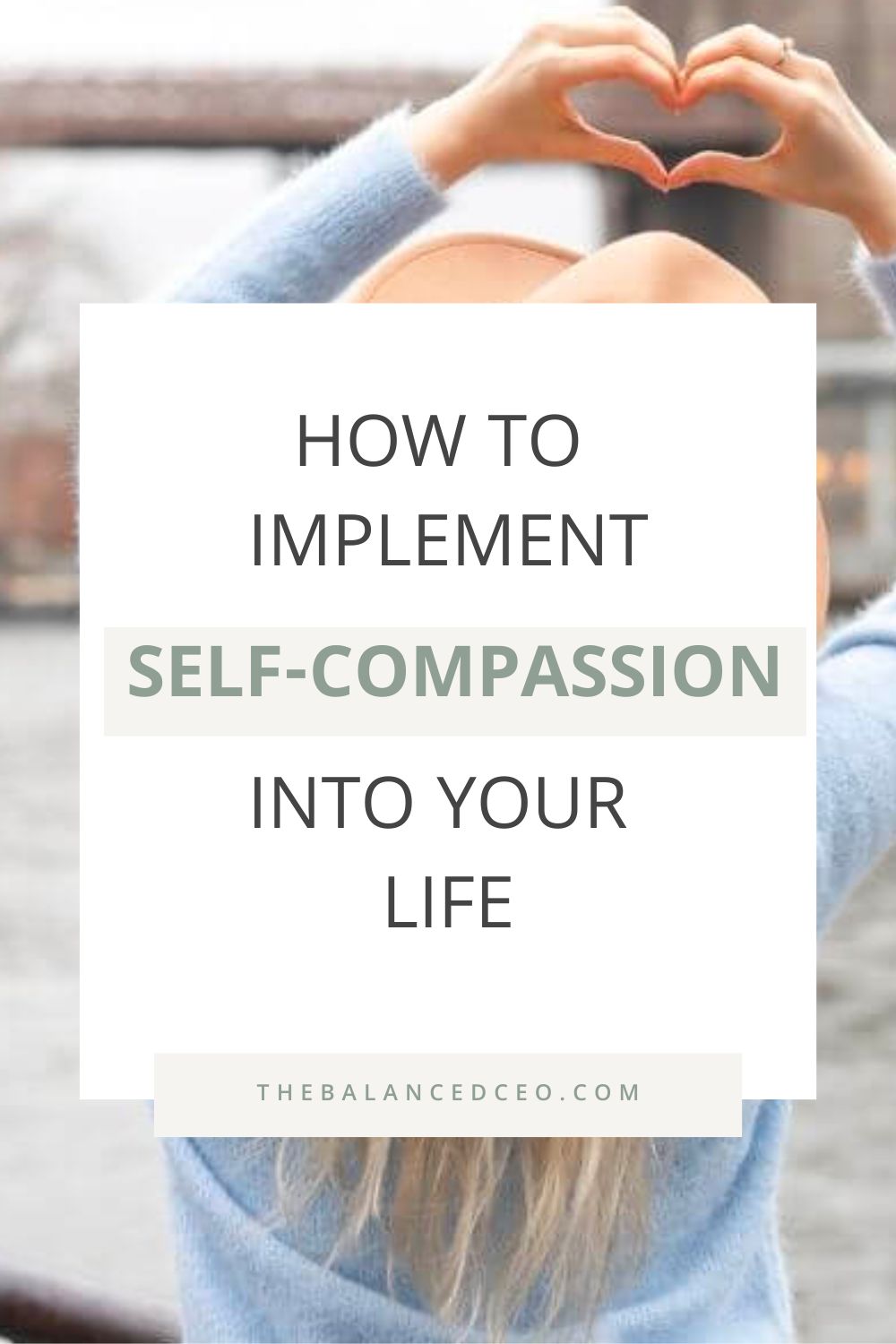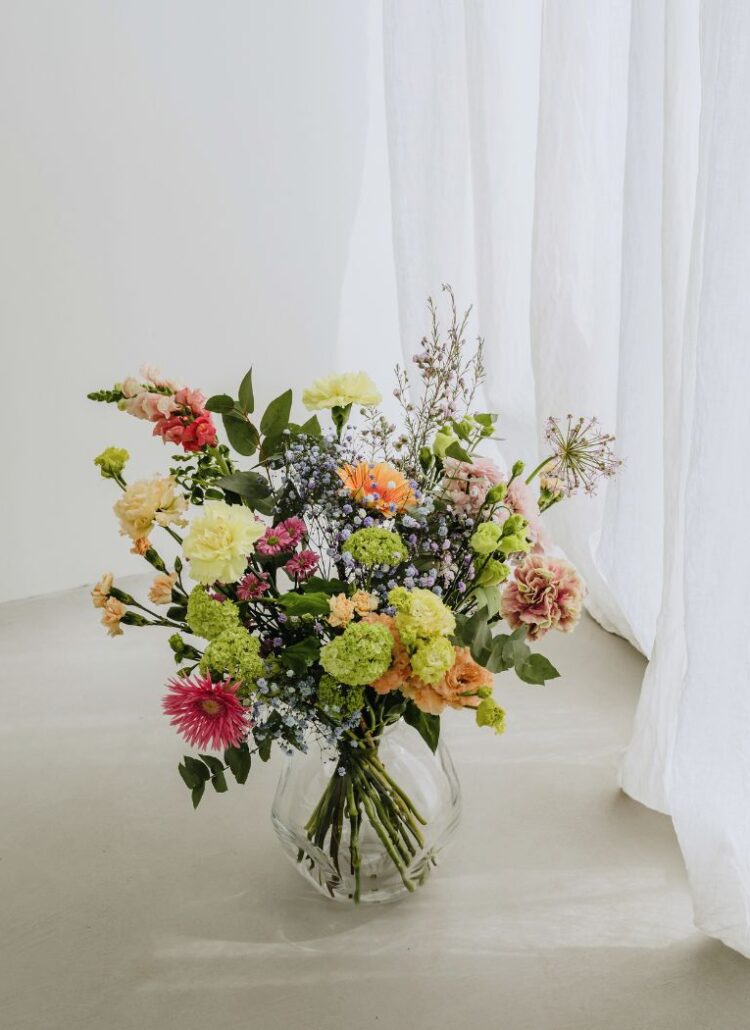This post may contain affiliate links, which means I’ll receive a commission if you purchase through my links, at no extra cost to you. Please read full disclosure for more information.

Let’s start with compassion
You’ve probably heard the phrase ‘show some compassion’ before.
I bet you even read this in the leering voice of whoever has scolded you as a child. It appears in our lives probably on a daily basis and my guess is, you want to know what it actually means.
I remember the first time I was asked, “what is compassion”? I was sitting in a lecture, in my social work degree nonetheless, the question was asked to the class. No-one answered.
It was 2015 and our standards were changing, evolving if you wish.
Compassion has been ever-present, with our parents and parental figures often telling us to “show a little compassion”, often because we are being a little too stern with someone, maybe we are giving someone a rough time when we didn’t realize they were in need of a little tender loving care.
But no one has ever really sat down and said, this is what compassion is and how we can show compassion to others. And so, it makes it even more confusing when we are told to be self-compassionate.
Compassion is a way of being. It is littered throughout various religious teachings encouraging us to have sympathy for the misfortune of others alongside a desire to help them.
Compassion is weaving its way through our professional services such as healthcare and social care as a standard to which one must achieve or be in order to continue the quality practice.
Have you ever sat with your best friend, while they shed tears of suffering, describing the situation that was breaking their heart, and all the while, you can feel their pain and just want to help them any way you can? That is what compassion is.
It is similar to empathy
Empathy is in its simplest form, putting yourself in someone else’s shoes, feelings, perceptions, and experiences.
Compassion is a touch removed from this, it is about recognizing the suffering in another person and setting out with a view to help and support them through this.
It is not about fixing them or putting the world to rights, it’s simply being present, as a stable and supportive person.
I much prefer this to empathy as I feel empathy, much like living vicariously through someone, can result in some of us more sensitive and empathetic people taking on the difficulties that that person is encountering.
Once we go down that path of immersing ourselves in the experiences of what another person is going through, we can no longer consider ourselves as the stable and grounded person who can support them as they go through their experiences.
We are in it with them, an emotional rollercoaster and all.
You probably already act in a way that is compassionate but have just never put a label on it.
Maybe you are the person who is ready with a cup of tea when your friend is having a difficult time in her relationship; maybe you’re the one with the brush and mop in hand, ready to swoop in and clean your sister’s house while she recovers from childbirth; you could even be the one who calls out her best friend on her bullshit because you can see the potential in her.
Yes, even this is compassion.
You see, it’s about recognizing when someone is going through a hardship of some sort and saying, ‘Well, I’m here for you and with you. We will get through this together, let’s figure it out.
Onto Self-Compassion
A way to consider if you are being self-compassionate is to think of a time when someone has come to you for support, maybe they’ve failed an exam; had an argument with their partner; had a tough day with their children.
Now I recommend you journal out the following questions:
• How did I treat them? What language did I use? Was it positive or negative? Did I give them appropriate contact, a hug perhaps? Did I allow them to get out what they needed to? And did I provide them with safety in this difficult time? What else did I do to support them?
• If I found myself in a similar situation, how would I treat myself? What is my language like? Do I give myself time and safe space? Do I give myself enough support and time to process the situation?
• Are there any differences? What are they?
Self-compassion can look like many things and it will be entirely dependent on your style how you show compassion and kindness towards yourself.
It’s easier to look at ways in which we judge ourselves unfairly, where we create high expectations of ourselves or beat ourselves with a ‘should’ stick and then work on ways to approach ourselves with sensitivity, curiosity, and love.
You probably need more self-compassion in your life if you say things like “I should have done this differently or I should be a better person or I should have said this to XYZ”. I get it, we’ve all been there, a lot of us are still in that ‘should’ space with you.
My top tips for implementing self-compassion daily are:
• Recognise when you are criticizing yourself or viewing yourself with judgment. As already mentioned, these sentences usually start with a “I should…”
• Take 3 deep breaths and say to yourself ‘I recognize that I’ve been harsh on myself and I will try to see myself compassionately, with kindness, and appreciation.
• Create a practice or habit that you can engage in to show yourself you are just as important as everyone else that is going through a difficult time. Some ideas are yoga, breathwork, meditation, writing or journaling, having a bath, getting into nature, maybe doing some baking, etc. Find something that works for you and that can provide you with time, space, and an outlet for your emotions in a healthy way.
• Finally, give yourself a Hi-5, an actual Hi-5, in the mirror. You deserve the praise and recognition for looking after yourself just as you look after everyone else.
Before you go
You are the expert in your own life.
So when it comes to living and breathing self-compassion, simply ask, how can I be a best friend to myself?
Finally, an important part of self-compassion is now that you’ve made a dedication to looking after yourself in this way, please do not give yourself a hard time if and when you slip up.
We all have our knockdowns, but it’s how you recover is where the learning and wisdom lies.

Shanna
Guest Blogger
Shanna is a qualified coach and facilitator, founder of The Self Coach and The Self Hub. I truly believe we are meant to experience life fully and beautifully. Through raising awareness, creating boundaries, and developing compassion for ourselves, we are able to drop the curtain that was created for us by society and our peers and allow ourselves to show up authentically in life.





Great topic, so many people are way too hard on themselves. If we can’t care for ourselves its hard to be there for others when they need us.
Thank you Robynn, I hope you got something from my blog piece 🤍
This article is a great reminder! For me, I have always been able to feel a lot of empathy and compassion for others…not so much for myself. It’s been a long journey to get to the point where I am able to give myself a break. But in being more loving to myself, it’s brought on a greater level of compassion for others. Thank you!
Hi Valerie, I’m so glad to hear that you are on the right track on your journey to developing compassion for yourself. And you are so right, when we can truly accept and appreciate ourselves, we gain even more compassion for others. Much love to you, Shanna, xx
What a great message! This is exactly what I’ve been studying and implementing in my life. I love hearing (or rather reading) other people’s perspective. Thank you so much for sharing!
Hi Jennifer, thank you for your kind words 🤍 delighted you enjoyed my perspective. Many well wishes on your journey, Shanna, xx
Wow there’s so much valuable information here. I love how you outlined the similarities and differences between compassion and empathy. I’m definitely practicing having more self-compassion in my life!
Hi Kora, Thank you so much for your lovely words. Compassion and Empathy definately deserve their own space and it’s important to know when to move in and out of each area. I’m so glad you enjoyed reading this 🤍 Shanna, xx